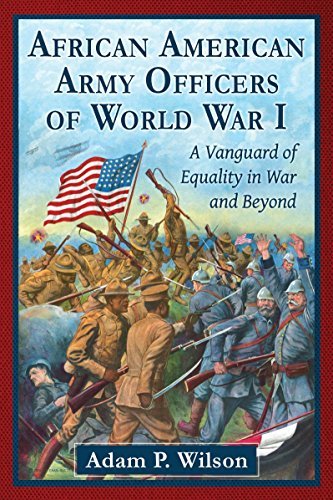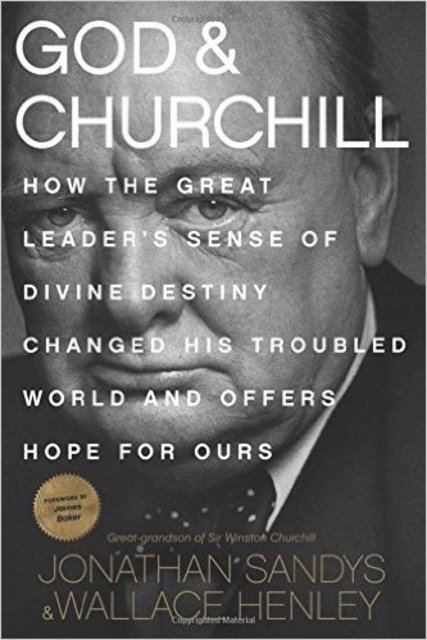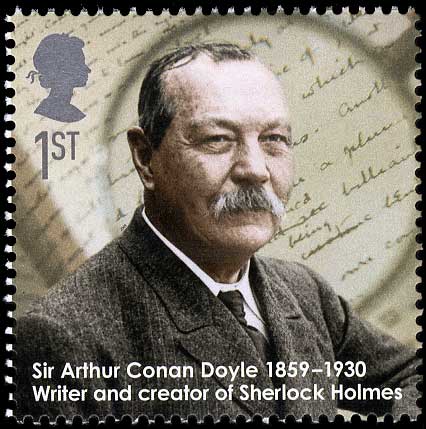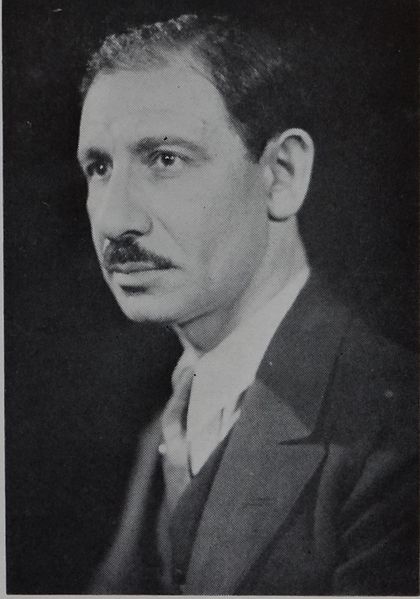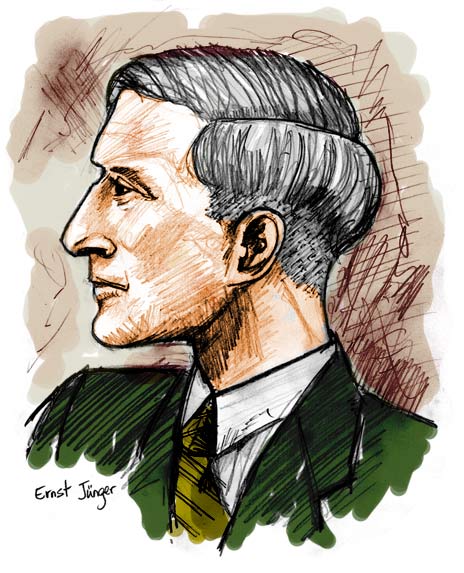There is a lot of information in this book, very insightful and sometimes dramatic, goes back and forth between policies, institutionalize racism and stories
This book should be read by anyone who is interested in military history or is aspiring to leading troops.
The book attempts to explain Winston Churchill’s inner strength which helped him during some of the darkest days the world has ever known during World War II
Trained as a physician, he opened a practice but closed it because he never received any patients.
It is refreshing to read a story from the aggressor’s point of view, usually we get a sore look from the victim’s eyes. This aggressor, however, is justifying his acts, however horrendous. In war and under pressure, as well as mob mentality, regular people commit atrocities which weeks or even days before were unthinkable to them.
During World War I, while John Clayton, Lord Greystoke (Tarzan) is away from his plantation it is destroyed by invading German troops. When he returns to the plantation (in British East Africa), Tarzan discovers many bodies one of whom belongs to his wife.
Franklin Pierce Adams (15 November, 1881 – 23 March, 1960) was a writer and columnist as well as a radio personality, who wrote under the nom de plume: F.P.A.
How to Lose a War at Sea edited by Bill Fawcett is a fascinating collection of more than 30 short essays about naval warfare and oceanic disasters. The book spans decades, there are essays ranging from the days of the Spanish armada to naval blunders from the 1960s.
A non-fiction book which tackles the history of camouflage, lies, bluffs and tricks which helped the British win World War I and World War II.
Ernst Jünger (29 March, 1895 – 17 February, 1999) was a German essayist and novelist. Jünger is known for his account of experiences during World War I.
